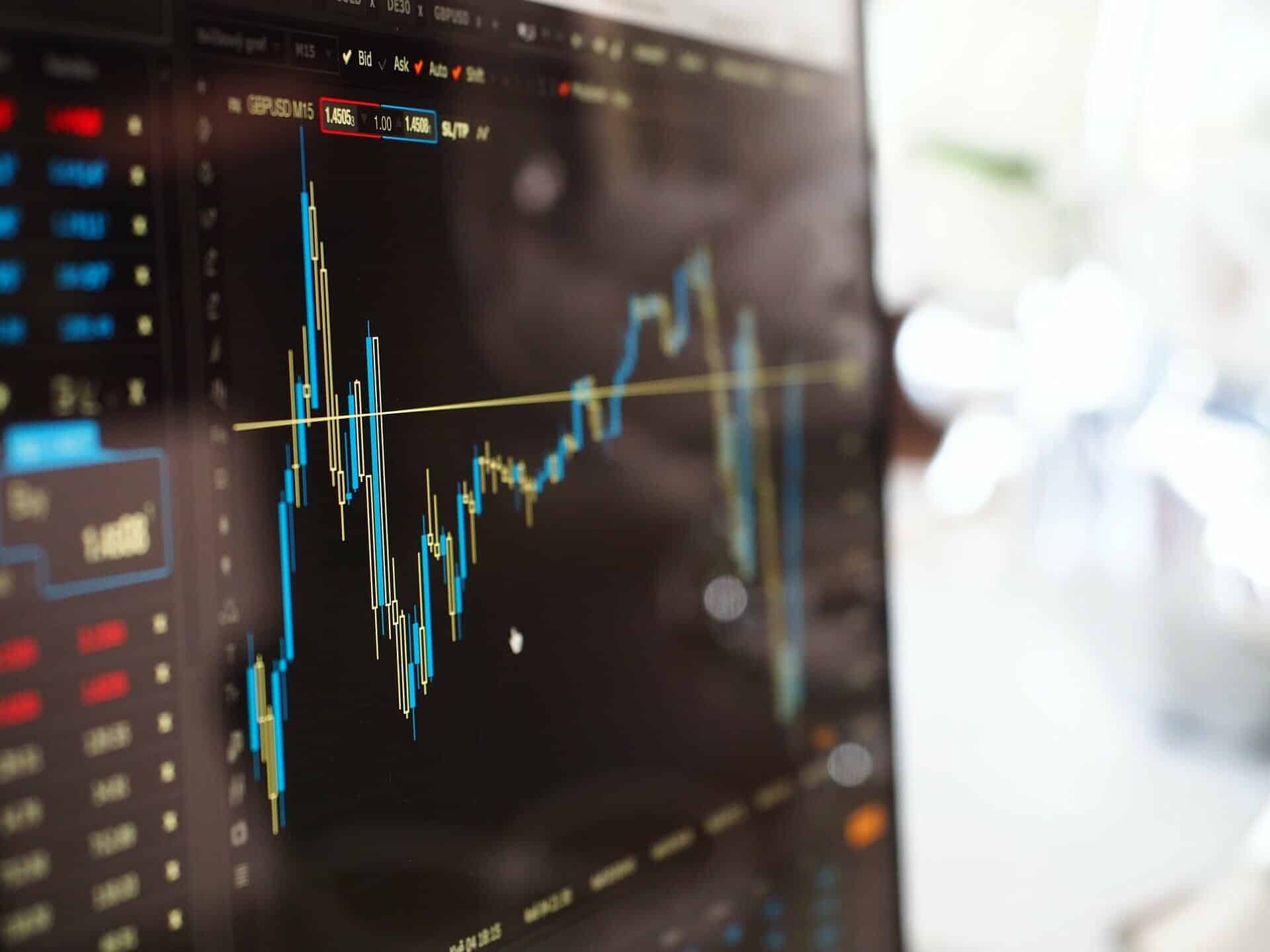The Gulf stock markets have gone up and down throughout the last seven days, with the Saudi index starting the week down 0.2 percent and closing the week up 0.64 percent.
In contrast, the emirates struggled due to a massive drop in the real-estate market, specifically with the decline in rents.
Still, the financial-sector stocks helped Dubai and Abu Dhabi indices end the week up 0.01 percent and 0.33 percent, respectively.
Saudi index ends higher
On Sunday, October 10, the Saudi index gave up early gains and fell 0.2 percent at the close, ending a four-session winning streak.
Saudi telecom shares dropped 1.3 percent, while SABIC for agricultural nutrients fell 2.2 percent. Almarai shares were down 2.2 percent after the Gulf region’s largest dairy company reported its quarterly net profit dropping to $109 million.
On Monday, the Saudi market’s main index fell 0.3 percent. Zain Saudi Arabia shares dropped 1.7 percent after media reports stated that the company’s CEO, Saad Al-Barrak, was expected to resign from the board of directors soon.
The Saudi index rebounded 0.27 percent on Tuesday, gaining 30.77 points to close at 11,542.88 points.
The local stock market grew in five sectors, led by banks, which rose 0.76 percent, consumer services (0.7 percent), basic materials (0.45 percent), and energy (0.4 percent).
The Saudi index Tasi rose another 0.71 percent on Wednesday, gaining 82.10 points to close at 11,624.98 points. There were 20 increasing sectors in the Saudi market led by long-term commodities (2.69 percent).
Tasi went 0.64 percent higher on Thursday, gaining 74.13 points to close at 11,699.11 points.
The Saudi stock market rose in 19 sectors, led by media and entertainment, which expanded by 2.91 percent, followed by investment and finance (1.81 percent), transportation (1.65 percent), basic materials (1.58 percent), and pharmaceuticals (1.5 percent).
Real estate hobbles UAE markets
Abu Dhabi index rose 0.3 percent on Sunday, October 10, boosted by a 0.5 percent increase in International Holding shares and a 2.9 percent increase in its subsidiary Alpha Abu Dhabi Holding.
The Dubai index finished the session unchanged as gains in financial-sector companies offset losses in real-estate shares. A continuous decline in rents, on the other hand, indicates continued weakness in the real-estate sector, which has been in distress for some time.
On Monday, the Abu Dhabi index dropped 0.2 percent, while the Dubai market index fell 0.1 percent.
After announcing its acquisition of the troubled Dubai Bank, which specializes in Islamic transactions, Emirates NBD Bank’s shares on the Dubai Stock Exchange fell 1.6 percent to their lowest level in 25 weeks.
The Dubai Financial Market’s general index led the Gulf markets on Tuesday to increase 0.63 percent, or 17.64 points, to close at 2,787.72 points. The communications sector grew 1.06 percent, followed by the commodities sector (0.06 percent).
The Abu Dhabi Securities Index gained 4.36 points, or 0.06 percent, to close at 7,786.893 points. Three industries on the Capital’s market rose: the communications sector (1.09 percent), followed by the banking sector (0.34 percent), and the insurance sector (0.07 percent).
The Securities Index at the Abu Dhabi market fell 0.01 percent, or 0.61 points, to close at 7,786.287 points on Wednesday.
The Dubai Financial Market’s general index rose 0.05 percent, or 1.65 points, to close at 2789.37. On the Dubai Stock Exchange, the real-estate and banking sectors rose by 0.75 percent and 0.08 percent, respectively.
O on Thursday, the Dubai Financial Market’s general index rose 0.01 percent, or 0.14 points, to close at 2789.51 points. Banks led the way with a 1.18 percent increase, followed by the transportation sector (0.45 percent), the commodities sector (0.13 percent), and the insurance sector (0.12 percent).
The Abu Dhabi index rose by 0.33 percent, gaining 25.31 points to close at 7,811.595 points. Six sectors increased: consumer goods (1,4 percent), followed by the industrial sector (1.13 percent), the services sector (1.08 percent), and the banking sector (0.7 percent).








